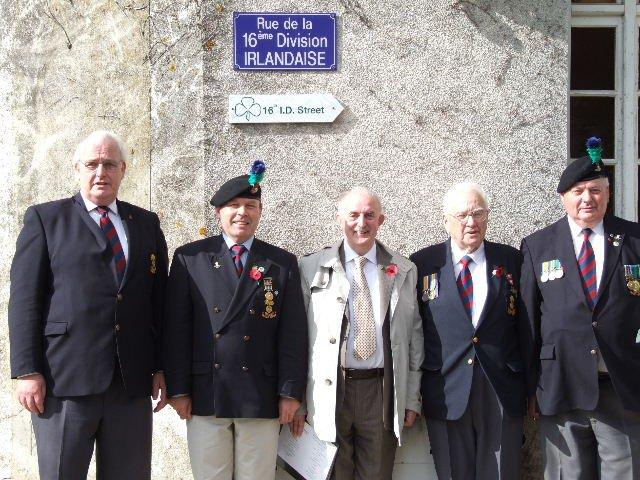Today we visited the magnificent South African Memorial at Delville Wood prior to our Memorial Service tomorrow at Guillemont,when I will give my speech in French, Ulster Gaelic and English, especially thanking Irish Minister of State Dinny McGinley.
The Battle of Guillemont was a British assault on the German-held village of Guillemont during the 1916 Battle of the Somme. Guillemont lay on the right flank of the British sector where it linked with French forces and by holding it, the Germans prevented the Allied armies from operating in unison.
On 18 August a combined British-French offensive was launched on the sector with three British corps attacking around Guillemont while the French attacked Maurepas. The British managed to seize Guillemont Station but otherwise failed to reach their objectives.
The decisive attack came on 3 September with the British 20th (Light) Division and 47 Brigade of the 16th (Irish) Division capturing Guillemont while the British 5th Division advanced on the right, eventually taking Falfemont Farm on 5 September. German units fought to the death in the frontline trenches until overwhelmed. Fusilier Regiment 73 of Lieutenant Ernst Jünger was involved in the defence of Guillemont and in his memoirs, Storm of Steel, he describes the dreadful conditions the Germans had to endure. Regiment 73’s history states : “Nobody from 3rd Company can provide a report – all the men were killed, as was every officer”. There were 5 survivors of 5th Company Infantry Regiment 76.
A street in Guillemont was named after him and another after the 16th (Irish) Division, during Ceremonies attended by the Somme Association on Sunday 7th September, 2008, when I unveiled the 16th (Irish) street name under the auspices of the Mayor of Guillemont Didier Samain.
The capture of Guillemont weakened the German hold on this sector. Delville Wood was finally secured and at the Battle of Ginchy the neighbouring village fell relatively quickly to the 16th (Irish) Division on 9 September. Here,however, the future Prime Minister Harold McMillan was wounded and the noble Professor Tom Kettle was killed.
By 15 September the British were in a position to mount their next major offensive on a broad front — the Battle of Flers-Courcelette.

